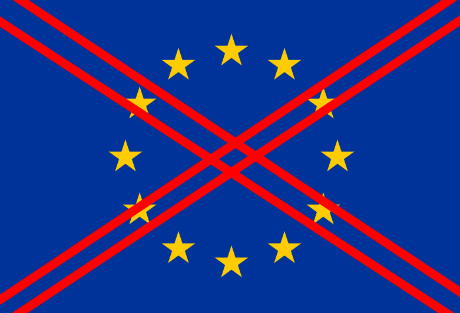Blog

Richard Hierons, a founding partner of Hierons LLP, recently chaired a debate on the legal implications of Brexit. We asked him for his thoughts regarding the referendum and if he had any last minute advice for those still undecided.
If we do leave the EU, the recruitment and training of EU lawyers from outside the UK could get a lot more complicated.
English law has become the commercial law of choice around the world. Over 90% of commercial cases handled in London involve parties from outside the UK. It is natural, therefore, that London attracts a large number of young lawyers. Larger firms often rotate their junior lawyers between offices as part of their career development, both here and across the EU.
Most international law firms have developed a HR model based on moving people around. They depend on the free movement of labour to offer an international service to their clients. Brexit could be a real threat to opportunities like this for trainees and junior lawyers.
Some non-UK EU citizens already here are applying for UK citizenship. Just in case the law gets more restrictive.
Students and trainees may need visas in the future, which could slow down the process significantly. For training contracts, EU nationals may have to forgo their place if the sponsor firm cannot demonstrate that there are no suitably qualified UK resident candidates. And uncertainty could dull the appeal of dual qualification undergraduate courses, such as English and French law.
In a debate we recently chaired, in conjunction with the Professional Practices Alliance, we heard that there is a £20 billion trade surplus in services. The legal services sector is a major part and is deeply entwined with business with the EU. If unravelling is needed it is bound to have an effect. You can read more about that debate here.
Whichever way the referendum result goes, we expect a short-term increase in legal work. In case of Brexit, contracts will need to be revised and the free movement uncertainty will also generate new work, at least for immigration lawyers. If we remain many postponed deals could well go ahead. Longer-term, like the polls, who knows!
Academy tools to help you get a job
-

Free Watson Glaser Practice Test
Understand the test format, compare your performance with others, and boost your critical thinking skills.
